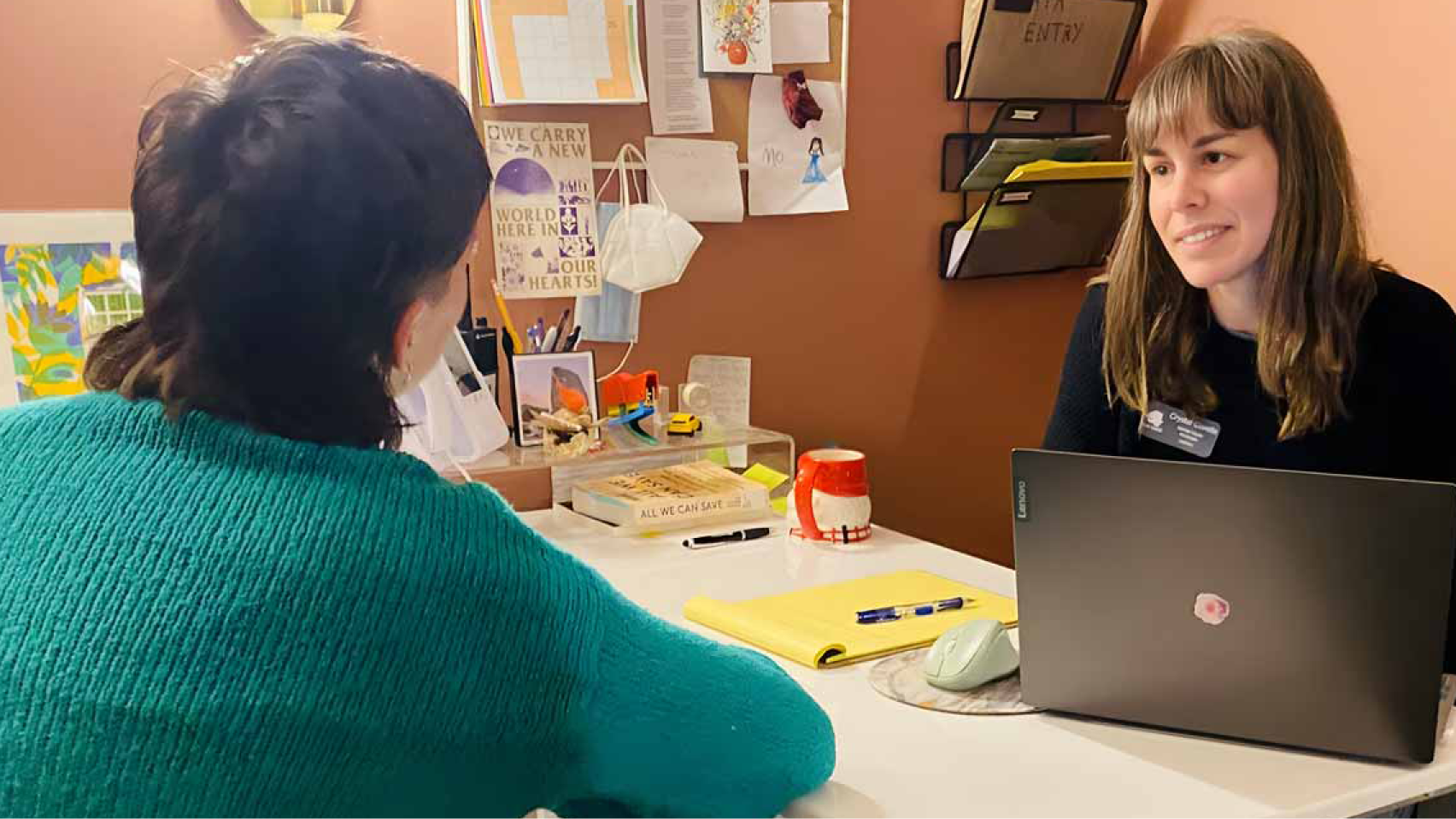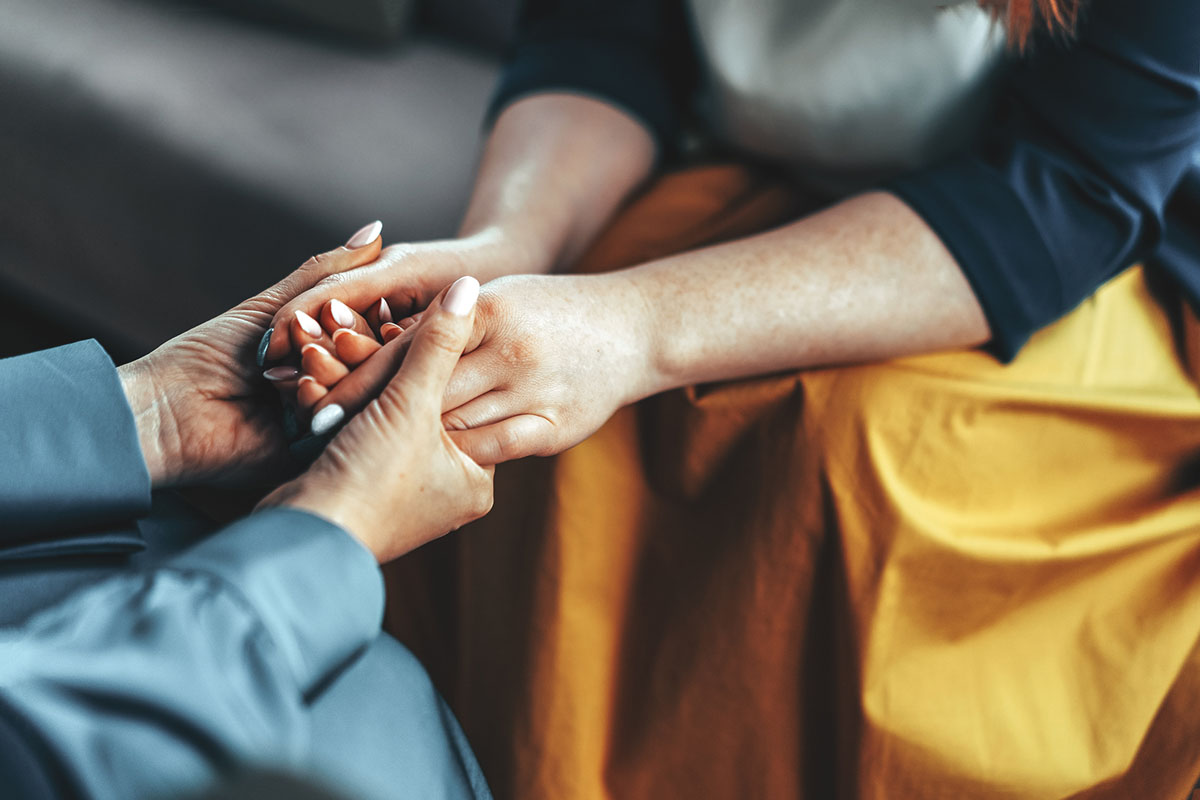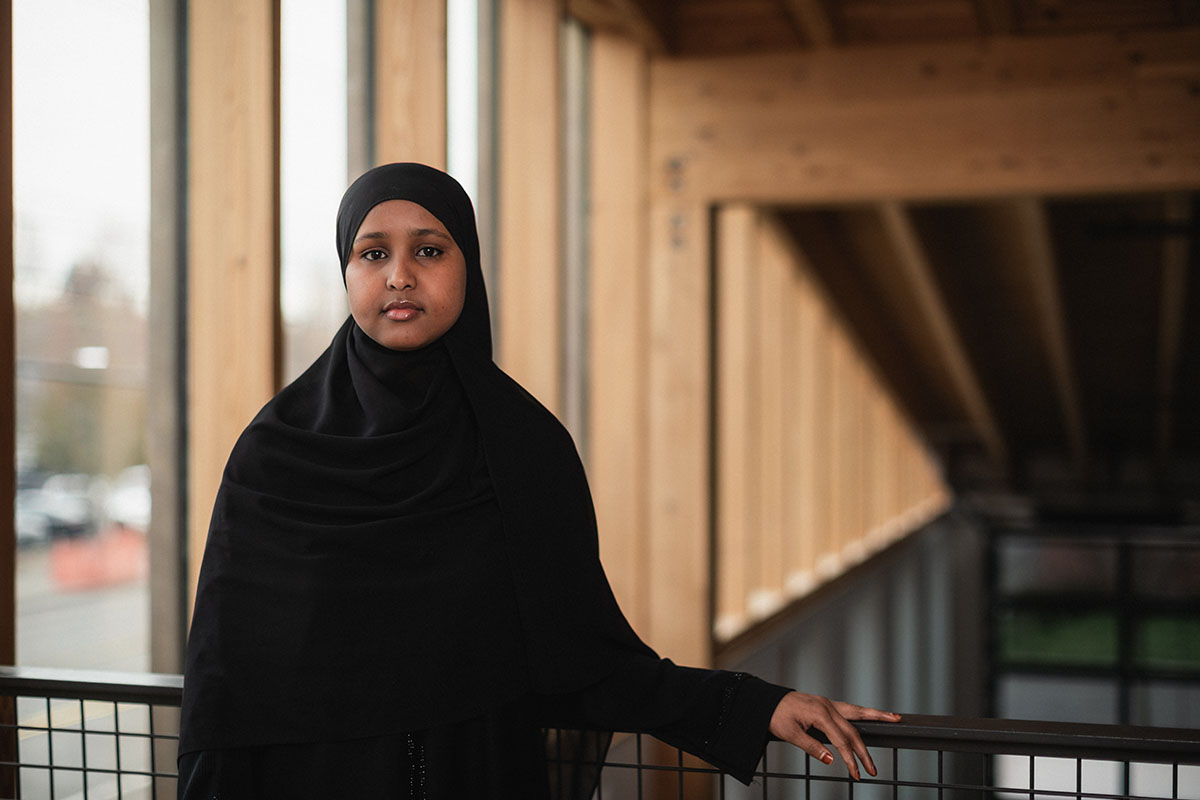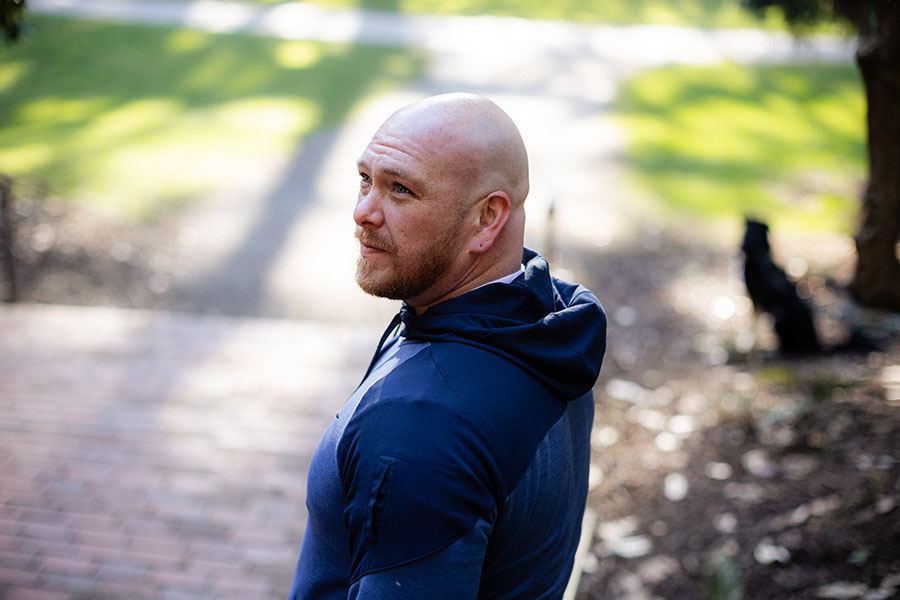Inversiones en el sistema de salud mental de nuestra región

Para demasiados habitantes de Oregon, el camino hacia la atención de salud mental comienza con obstáculos. El estigma sigue siendo un potente freno, que desalienta a las personas de buscar ayuda por miedo, vergüenza o conceptos culturales erróneos. Las barreras sistémicas, como los largos tiempos de espera, la dificultad para acceder al sistema de atención médica o la falta de proveedores con conocimientos culturales específicos, suelen impedir que las personas reciban la atención que necesitan.
Además, los problemas de salud mental no existen de forma aislada; con frecuencia, están acompañados de otros trastornos que afectan la salud física.
Los datos actuales muestran que Oregon ocupa el puesto 48 de 51 en resultados de salud mental entre los 50 estados y el Distrito de Columbia; y el puesto 30 de 51 en acceso a la atención. De los 439,000 adultos que informaron tener necesidades de salud mental, casi el 55 % no recibió tratamiento.
Para abordar estas brechas, CareOregon desarrolló un enfoque integral, invirtiendo en organizaciones, programas e infraestructura que generen un impacto. Desde 2020, invertimos más de $110 millones para construir un sistema de salud conductual más fuerte y más receptivo. La salud conductual, que abarca tanto la salud mental como los trastornos por consumo de drogas y alcohol, desempeña un papel fundamental en el bienestar general.
"La atención de salud mental es esencial, y en CareOregon nos comprometemos a construir un sistema que funcione para todos", afirma Cassi Sturtz, gerente del Programa de salud conductual en CareOregon. "Al abordar el estigma, aumentar el acceso e invertir en programas innovadores, estamos moldeando un futuro en el que la atención de salud mental sea accesible, inclusiva y transformadora".
Invertir en infraestructura
El acceso sigue siendo uno de los mayores obstáculos en la atención de salud mental para muchos habitantes de Oregon. En respuesta, CareOregon reinvirtió en organizaciones que trabajan para ampliar la disponibilidad de servicios de salud mental, diseñar enfoques innovadores de atención y apoyar el desarrollo de la fuerza laboral. Esto también incluye ofrecer una variedad de puntos de acceso, desde telemedicina hasta proveedores con conocimientos culturales específicos. En los últimos años:
- Trabajamos para ampliar y diversificar nuestra red de proveedores mediante la financiación de un programa de becas para la diversidad en consejería de adicciones, dirigido a miembros de las comunidades de negros, indígenas y personas de color (BIPOC, por sus siglas en inglés) que buscan obtener certificados en consejería de adicciones en Portland Community College.
- Invertimos $4 millones en la remodelación de la unidad de servicios de emergencia psiquiátrica del Unity Center for Behavioral Health, lo que duplicó la capacidad, añadió nueve camas para estabilización y creó espacios sensibles al trauma para el personal y los pacientes.
- Financiamos el arrendamiento de la sede de Morrison en Clackamas, garantizando la continuidad de la atención para los miembros que necesitan apoyo de salud conductual en el condado de Clackamas, luego de que el espacio gratuito anterior de la organización fuera revocado.
- Lanzamos la iniciativa "Inversión estratégica en atención médica para la transformación" (SHIFT, por sus siglas en inglés), que ayuda a los proveedores ambulatorios a realizar la transición hacia modelos de atención en equipo. Este programa brinda a los proveedores las herramientas y los recursos necesarios para apoyar de manera más eficaz y eficiente a las poblaciones desatendidas.
Abordar el estigma a través de la capacitación de proveedores y el apoyo comunitario/entre pares
Uno de los desafíos más significativos en la salud mental es el estigma que desanima a muchas personas a buscar ayuda. Reducir el estigma requiere educación pública y cambios dentro del propio sistema de atención.
- Programas como MedsEd de CareOregon capacitan a los proveedores para usar un lenguaje empático e inclusivo que fomente la confianza y reduzca los obstáculos relacionados con el estigma.
- Las iniciativas lideradas por pares también son esenciales para derribar el estigma. CareOregon invirtió $1 millones en el MHAAO Peer Resource Center, ubicado en el este de Portland. La organización ofrece servicios sin cita previa y un espacio de refugio gestionado completamente por pares, creando un ambiente seguro y libre de estigma.
- Además, el 4D LGBTQ Recovery Community Center, el primero de su tipo en Oregon, ofrece espacios afirmativos donde las personas LGBTQ+ pueden acceder a apoyo adaptado a sus necesidades únicas.
Asociación con organizaciones
Los desafíos de la salud mental coexisten a menudo con el consumo de drogas y alcohol, problemas de salud física, inestabilidad en la vivienda y otros factores sociales relacionados con la salud. El enfoque de CareOregon para superar estos obstáculos consiste en asociarse con organizaciones comunitarias que traten a la persona en su totalidad.
Un ejemplo es Rose Haven, un refugio diurno y centro comunitario en Portland que ofrece servicios a personas que sufren falta de vivienda y trauma. Para muchos de los clientes de Rose Haven, los desafíos de salud mental se ven agravados por la inestabilidad en la vivienda.
"El ochenta por ciento de nuestros huéspedes experimentan activamente la falta de vivienda, y lidian con graves desafíos de salud mental agravados por el trauma", explica Elizabeth Starke, directora de Desarrollo en Rose Haven. "El trauma de ser desplazado, sumado a las experiencias pasadas, resulta devastador. Uno no puede centrarse en el futuro cuando tiene que luchar por sobrevivir hoy".
Además de la ayuda para la vivienda, Rose Haven también ofrece servicios de salud mental. El programa de salud mental brinda apoyo emocional, estabilización en crisis y orientación en atención médica para miembros que experimentan trauma. Los defensores de la salud mental realizan evaluaciones, crean planes de seguridad y conectan a los huéspedes con atención a largo plazo, trabajando para cerrar brechas y eliminar los obstáculos para acceder a los servicios de atención médica.
- En el condado de Washington, CareOregon apoyó el desarrollo del campus para trastornos por consumo de sustancias de CODA, que incluye estabilización, manejo de la abstinencia, atención residencial y viviendas de apoyo. Al financiar el rediseño organizacional de CODA, CareOregon permite que el proveedor duplique su capacidad y agilice sus servicios.
- Otra inversión, la renovación de $700,000 de River Haven en viviendas de transición, integra los servicios de trastornos por consumo de drogas y alcohol con la vivienda, y brinda apoyo crítico para personas BIPOC que no tienen hogar.
CareOregon adoptó un enfoque amplio para la salud mental, dirigiendo las inversiones a organizaciones, programas e infraestructura destinados a mejorar el acceso y crear sistemas que apoyen a las personas de manera integral.
"En CareOregon, entendemos que la salud mental es fundamental para el bienestar general", afirma Sturtz. "Cada inversión que realizamos se basa en la convicción de que absolutamente todas las personas merecen sentirse seguras y respaldadas. Cuando los miembros se sienten atendidos y respaldados, cuando el estigma deja de ser un obstáculo y cuando pueden acceder a la atención de manera fácil, su salud general mejora. Cuando atendemos la salud mental de las personas, estamos presentes en todos los aspectos de su vida".









